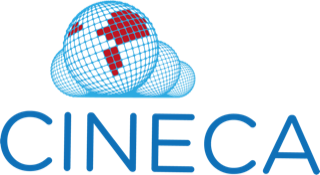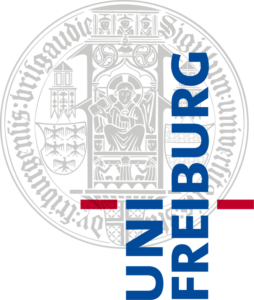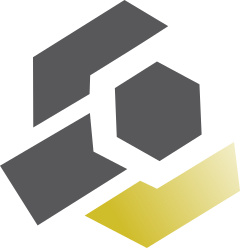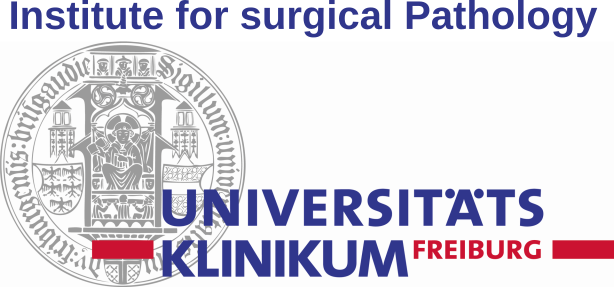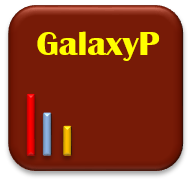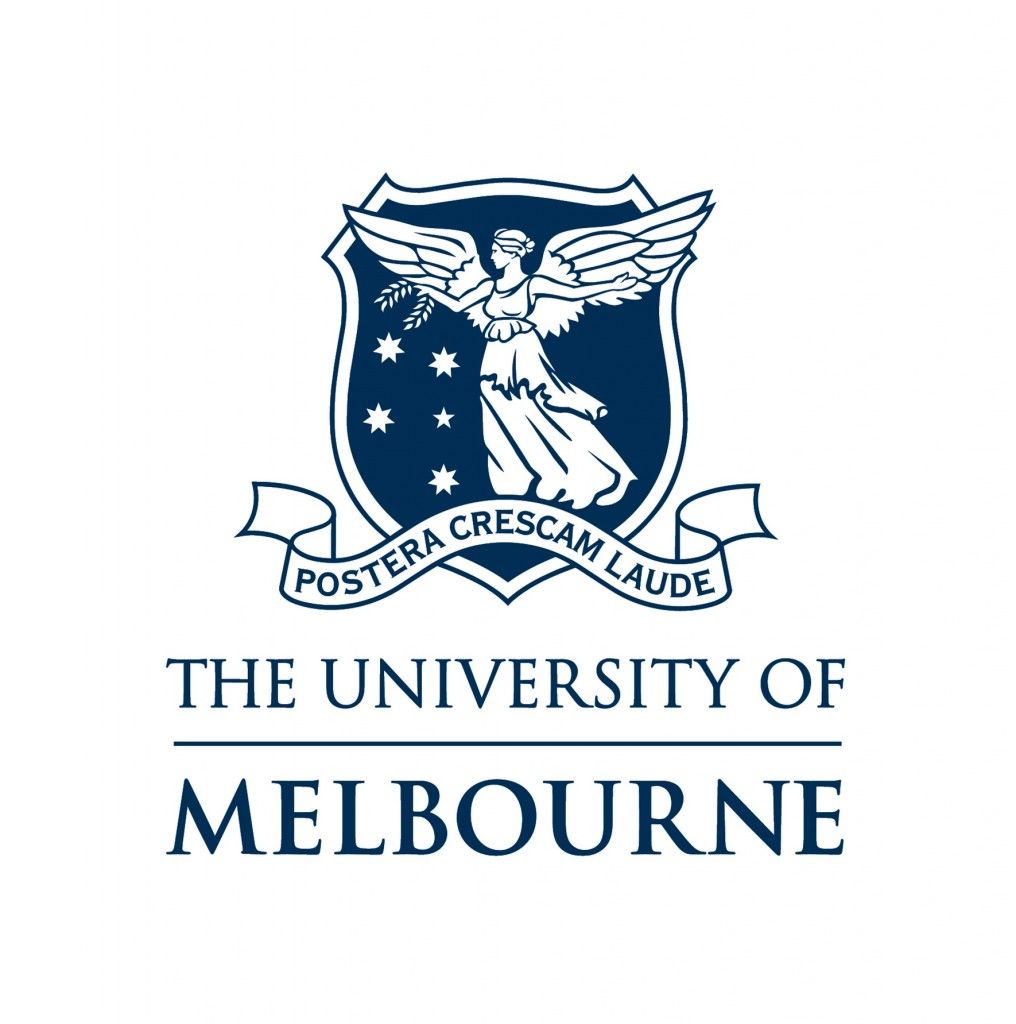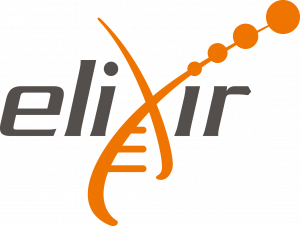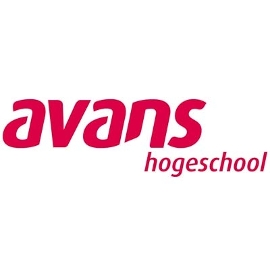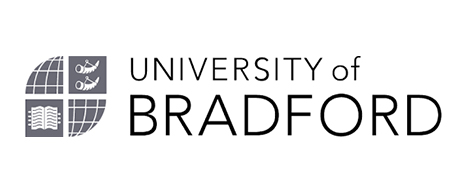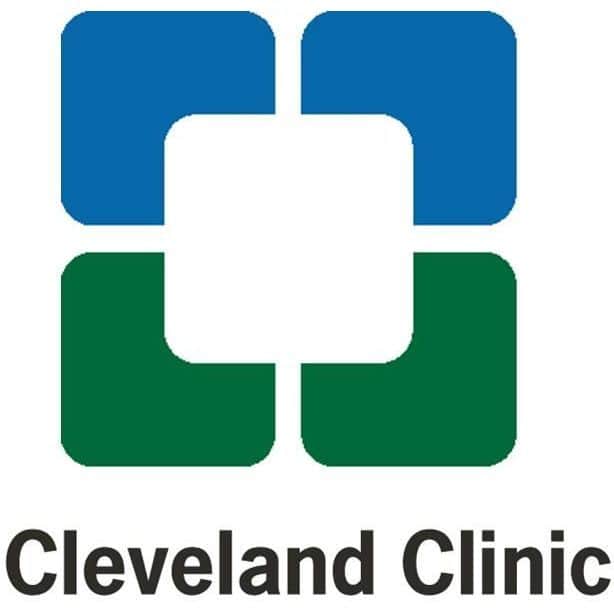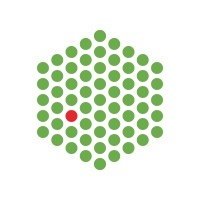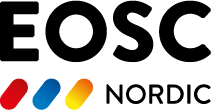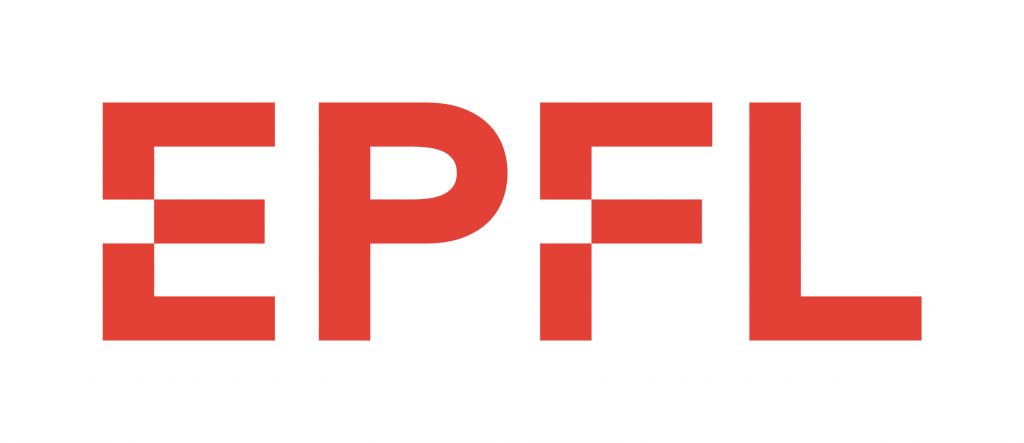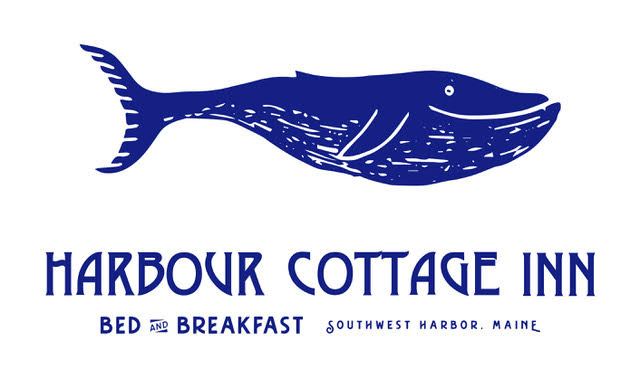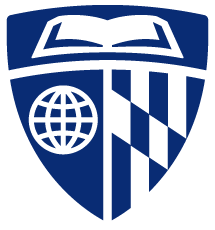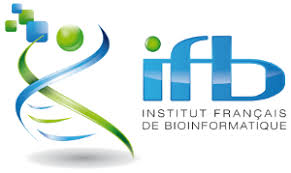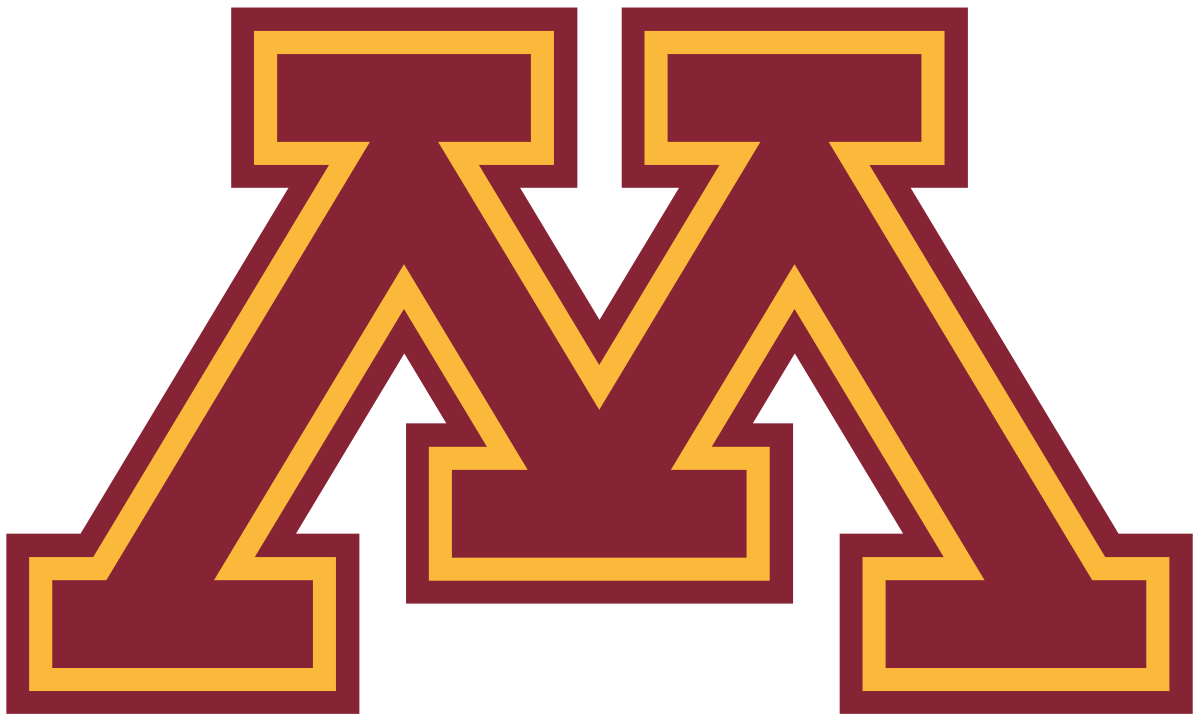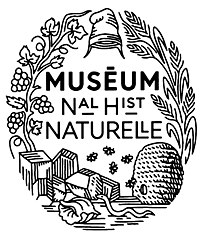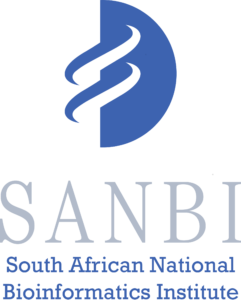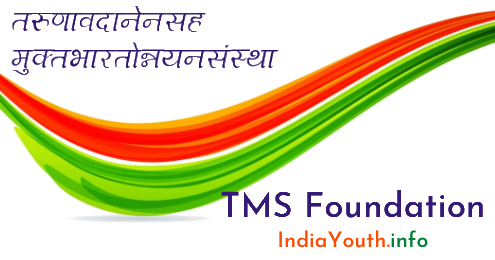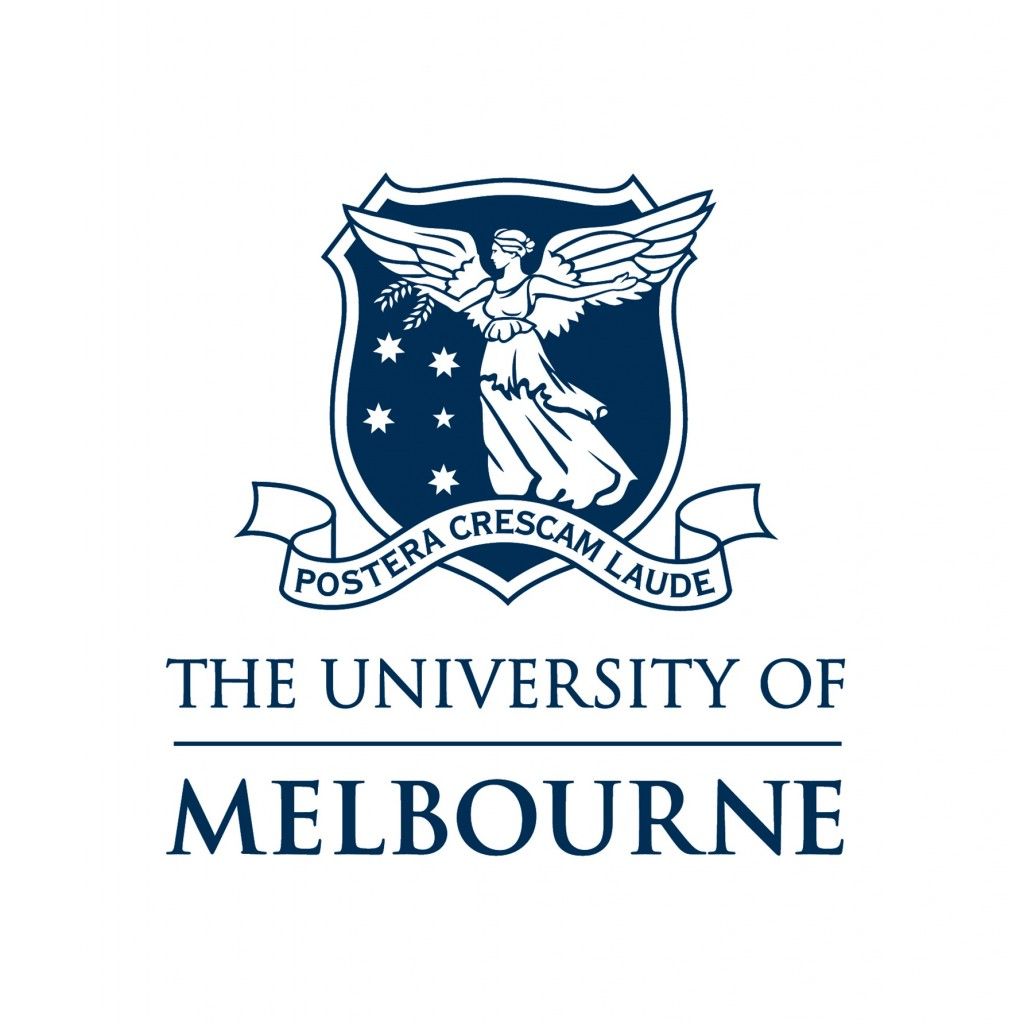GTN Smörgåsbord: A Global Galaxy Course
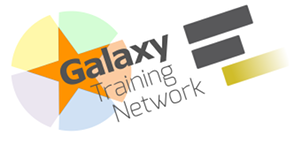
In February 2021, we will organize a global 5-day Galaxy Training event showcasing a wide variety of GTN (Galaxy Training Network) tutorials. This will be an online event, spanning all time zones. All training sessions are pre-recorded, so you can work through them at your own pace, and manage your own time. A large community of GTN trainers will be available via online support to answer all your questions.
The program covers a general introduction to the Galaxy platform, NGS Analysis (DNA-seq and RNA-seq), Proteomics, and also features a Choose your own adventure day on Friday, where we encourage you to explore all the tutorials that the GTN training repository has to offer, and follow those that are of interest to you. The GTN tutorials cover a wide range of scientific topics, from NGS to ecology, climate science, machine learning, visualization, and many more. All the tutorials can be found on the GTN website
Start the Workshop!
Welcome! Click the button below to start the workshop!
Practical Information
When: February 15-19, 2021 (all time zones)
Who: Open for everybody
Cost: Free
Format: Virtual and asynchronous. All training session are pre-recorded, you can work through these at your own pace, with instructors available online for support
Support: Slack Channel (invite link)
Contact: Saskia Hiltemann
Organized by: The Galaxy Training Network (GTN), CINECA, The Gallantries Project, The Galaxy Project, Australian BioCommons, Erasmus Medical Center,
Albert-Ludwigs-Universität Freiburg, Avans Hogeschool, University of Melbourne, The GalaxyP Team, The ProteoRE Team, INAB-CERTH, EMBL-EBI, Institute of Surgical Pathology - University Medical Center Freiburg, Centre National pour la Recherche Scientifique (CNRS), Clermont Auvergne University, SANBI/UWC, EOSC-Nordic, Institut Français de Bioinformatique, Birla Institute of Scientific Research.
Registration
Please fill out the registration form to sign up for this course.
Over 1100 Participants and counting!
Note: Click here for exact numbers.
Program
Welcome & Practical Information
| Topic | Presentor |
|---|---|
| Welcome & Course Information | Saskia Hiltemann |
| Get set up for the course | |
| Meet & Join the Galaxy Community! | The Global Galaxy Community |
Day 1: Introduction to Galaxy and NGS analysis
Today we start by introducing the Galaxy Platform, and show you how to analyze your NGS data using Galaxy. Today we have a mixture of lecutres, demos, and hands-on tutorials.
| Topic | Presentor |
|---|---|
| Icebreaker: Introduce yourself in Slack! | |
| A Very Short Introduction to Galaxy | Anton Nekrutenko |
| Your First Galaxy Analysis | Dave Clements |
| Demo: NGS Data Logistics using SARS-CoV-2 data | Anton Nekrutenko |
| Quality Control: Intro | Florian Heyl |
| Quality Control: Hands-on! | Florian Heyl |
| Mapping: Introduction | Peter van Heusden |
| Mapping: Hands-on! | Peter van Heusden |
| Genome Assembly: Introduction | Simon Gladman |
| Genome Assembly: Hands-on! | Anna Syme |
| Wrap up & Socialize |
Day 2: Introduction to RNA-Seq analysis with Galaxy and R
Today we dive into (bulk) RNA-seq analysis. We will walk you through an end-to-end analysis and Galaxy, and show you how to perform downstream analysis on the results using Rstudio in Galaxy.
| Topic | Presentor |
|---|---|
| Icebreaker: Say Hi in Slack! | |
| Introduction to RNA-Seq | Fotis E. Psomopoulos |
| Reference-based RNA-seq Analysis | Bérénice Batut |
| Starting Rstudio in Galaxy | Fotis E. Psomopoulos |
| Introduction to R | Fotis E. Psomopoulos |
| Advanced R in Galaxy | Fotis E. Psomopoulos |
| Visualisation: RNASeq postprocessing with R | Fotis E. Psomopoulos |
| Wrap up & Socialize |
Day 3: Single-cell RNA-Seq Analysis
Today's videos provide a short demo of the analysis, please work through the tutorials on your own first to get all the details and background information, and refer to the videos if you get stuck.
| Topic | Presentor |
|---|---|
| Icebreaker: Let us know you've joined in Slack! | |
| An introduction to scRNA-seq data analysis | These slides are narrated by AWS Polly. |
| Understanding Barcodes | Wendi Bacon |
| Pre-processing of 10X Single-Cell RNA Datasets | Wendi Bacon |
| Clustering 3K PBMCs with Scanpy | Wendi Bacon |
| Wrap up & Socialize |
Day 4: Proteomics
Today we explore the world of proteomics! Today we have a mixture of lectures, hands-on tutorials, and workflow demonstrations. The FAQ document provides links to example histories if you would like to explore the outputs of the demos yourself.
| Topic | Presentor |
|---|---|
| Icebreaker: Say Hi in Slack! | |
| Introduction to mass spectrometry based proteomics data analysis | These slides are narrated by AWS Polly. |
| Maxquant + MSstats on a clinical cohort | Melanie Föll |
| Introduction to Proteogenomics | Timothy J. Griffin |
| Proteogenomics 1: Database Creation | James Johnson |
| Proteogenomics 2: Database search | Andrew Rajczewski |
| Proteogenomics 3: Novel peptide analysis | Subina Mehta |
| Metaproteomics | Pratik Jagtap |
| Wrap up & Socialize |
Choose Your Own Adventure!
Today YOU create the program. Below are set of suggested tutorials. Some have videos, some are self-study tutorials. All have experienced instructors online for support. Want to try something else from the GTN website? Also fine! We will do our best to help you with it.
Video Tutorials
| Topic | Presentor |
|---|---|
| Icebreaker: Say Hi in Slack! | |
| Variant Analysis: M. Tuberculosis Variant Analysis (Lecture) | Peter van Heusden |
| Variant Analysis: M. Tuberculosis Variant Analysis (Hands-on!) | Peter van Heusden |
| Metagenomics: 16S Microbial Analysis with mothur (Lecture) | Saskia Hiltemann |
| Metagenomics: 16S Microbial Analysis with mothur (Hands-on!) | Saskia Hiltemann |
| Wetlab Demo: Genomic DNA sequencing by Oxford Nanopore MinIon | Miaomiao Zhou |
| Clinical Microbiomics: Nanopore Whole Bacterial Genome Sequencing | Astrid Heikema |
| Metagenomics: Antibiotic Resistance Detection with Nanopore Data | Willem de Koning |
| Assembly: Unicycler assembly of SARS-CoV-2 genome | Cristóbal Gallardo |
| Climate: Functionally Assembled Terrestrial Ecosystem Simulator (FATES): Lecture | These slides are narrated by AWS Polly. |
| Climate: Functionally Assembled Terrestrial Ecosystem Simulator (FATES): Hands-on! | Anne Fouilloux |
| Circos Visualisation in Galaxy: Intro | Helena Rasche |
| Circos Visualisation in Galaxy: Hands-on! | Helena Rasche |
| Genome Annotation: Annotation of a prokaryotic genome: Slides | These slides are narrated by AWS Polly. |
| Genome Annotation: Annotation of a prokaryotic genome: Hands-on! | Anthony Bretaudeau |
| Proteomics: ProteoRE tool for Functional Analysis of a Protein List | Yves Vandenbrouck |
Supported Tutorials (Self-Study)
These tutorials do not have videos, but experienced instructors will be online today to help you with them
| Topic | Presentor |
|---|---|
| Genomic Data Visualization with JBrowse | Helena Rasche |
| Ecology: Compute and analyze biodiversity metrics with PAMPA toolsuite | Coline Royaux Yvan Le Bras |
| Epigenetics: ATAC-Seq data analysis | Hans-Rudolf Hotz Lucille Delisle Florian Heyl |
| Proteomics: ProteoRE tool for biomarker discovery | Yves Vandenbrouck Florence Combes |
| Cheminformatics: Protein-ligand docking | Simon Bray |
| Cheminformatics: Running molecular dynamics simulations using GROMACS | Simon Bray |
All other Tutorials
Please also feel free to explore all the other tutorials on the GTN website,
and do any that sound interesting to you. Our instructors will do their best
to support you in any of these tutorials.
All done?
Please feel free to hang around in Slack and talk to us and the rest of the Galaxy community! Thanks for joining!!
| Topic | Presentor |
|---|---|
| Wrap up & Socialize | |
| Useful links: Stay involved in the Galaxy Community! | The Global Galaxy Community |
| Feedback Survey, Certificates & GCC2021 |
After the Course
All these materials will remain online, so you can continue working on them for as long as you want. The only difference will be that you should ask your questions on the GTN Gitter channel, instead of Slack.
Instructors welcome!
Are you a trainer and would you like to teach (record) a GTN training session for the Choose your own Adventure day? Please see the instructors page for more information.
Acknowledgements
This Global Galaxy course is only possible thanks to a Global network of instructors and institutes.
Presenters & Instructors & Facilitators & Community Caption Contributors
Institutions

